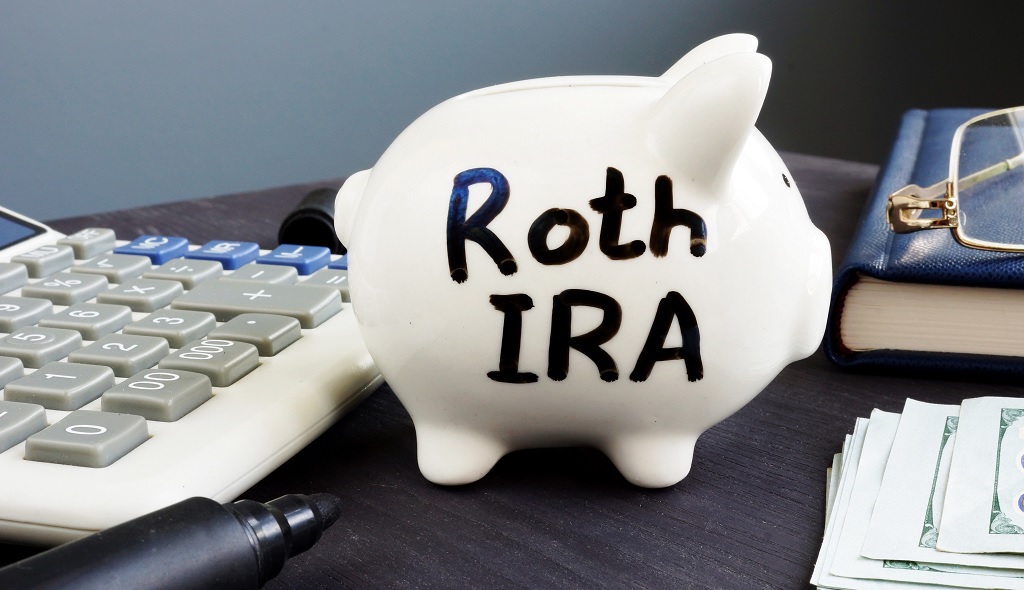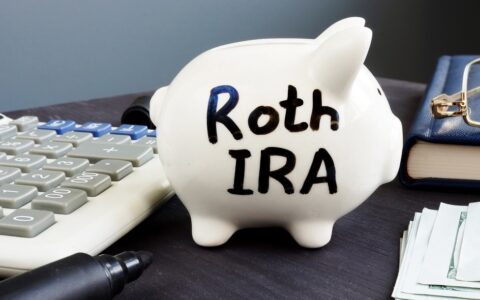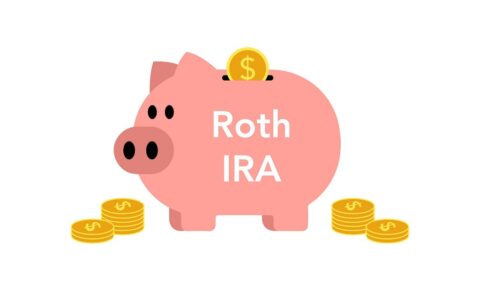
Introduction:
In the quest for a financially secure retirement, navigating the plethora of retirement savings options can be overwhelming. One shining star among the array of choices is the Roth IRA, a powerful tool that offers a myriad of benefits. If you’re looking to lower your taxes in retirement while ensuring tax-free growth and withdrawals for yourself and your heirs, a Roth IRA might be the key to achieving your financial goals. In this comprehensive guide, we’ll delve into nine compelling benefits that make Roth IRA a standout choice for savvy retirement planning.
- Tax-Free Growth and Withdrawals: One of the standout features of a Roth IRA is the tax-free growth potential. By contributing after-tax dollars, you pave the way for your investments to flourish without the burden of federal, and possibly state and local, taxes. This unique advantage extends to withdrawals in retirement, offering you a tax-free income stream, provided certain conditions are met.
- No Required Minimum Distributions (RMDs): Roth IRAs defy the conventional retirement account norms by not imposing required minimum distributions (RMDs) for the original owner. Traditional retirement accounts often require calculated annual withdrawals, leading to potential tax liabilities. With a Roth IRA, you have the flexibility to manage your withdrawals strategically, potentially passing on more wealth to your heirs.
- Tax-Free Inheritance: Inheriting a Roth IRA can be a windfall for your heirs. While RMDs are mandatory for inherited Roth IRAs, the distributions remain tax-free. This legacy planning benefit underscores the importance of considering Roth IRAs in your estate planning strategy, though it’s advisable to consult with experts for a nuanced approach.
- Tax Flexibility in Retirement: Roth IRAs provide unparalleled tax flexibility in retirement. Having already paid taxes on contributions, you can strategically mix withdrawals from traditional IRAs and 401(k)s with Roth IRA withdrawals. This approach allows you to manage your overall income tax liability, potentially optimizing your tax situation during retirement.
- Medicare Surtax Mitigation: A Roth IRA may serve as a shield against the Medicare surtax on net investment income. Since qualified withdrawals don’t count toward the modified adjusted gross income (MAGI) threshold, utilizing Roth IRAs could help limit exposure to the surtax, offering a valuable advantage in retirement planning.
- Hedging Against Tax Hikes: In an uncertain fiscal landscape, the Roth IRA emerges as a hedge against potential future tax hikes. With historical federal income tax rates below their peaks, a Roth IRA presents an opportunity to secure your retirement income from potential tax increases down the road.
- Immediate Access to Contributions: Unlike some retirement accounts, a Roth IRA allows you to access 100% of your contributions at any time and for any reason, without incurring taxes or penalties. This liquidity can provide a valuable safety net in times of unforeseen financial needs.
- Age Is Just a Number for Contributions: Retirement planning knows no age limits with Roth IRAs. As long as you have earned compensation, whether from a regular paycheck or contract work, you can contribute to a Roth IRA, regardless of your age. The absence of an age requirement for contributions adds to the flexibility of this retirement vehicle.
- Youthful Advantage: For the younger generation, a Roth IRA offers a unique advantage. With the likelihood of income growth throughout your career, contributing to a Roth IRA early on can be a strategic move. The greater the difference between your current income and your retirement income, the more beneficial a Roth account becomes.
If You Earn Too Much:
Income limits imposed by the IRS may hinder direct contributions to a Roth IRA. However, a workaround exists by converting funds from an existing traditional IRA, though it comes with its own set of considerations. Consulting with a tax advisor is crucial to navigate the complexities of this strategy.
Conclusion:
In the intricate tapestry of retirement planning, a Roth IRA shines brightly, offering a host of benefits that can significantly impact your financial future. From tax-free growth to strategic income planning in retirement, the advantages are numerous. Whether you’re a seasoned investor or just starting your career, exploring the possibilities of a Roth IRA could be the key to unlocking financial freedom in your retirement years. As with any financial decision, careful consideration and, when needed, professional advice, can help you make the most of this powerful retirement tool.
Author:Com21.com,This article is an original creation by Com21.com. If you wish to repost or share, please include an attribution to the source and provide a link to the original article.Post Link:https://www.com21.com/mastering-your-financial-future-the-9-compelling-benefits-of-roth-ira-for-a-tax-smart-retirement.html









